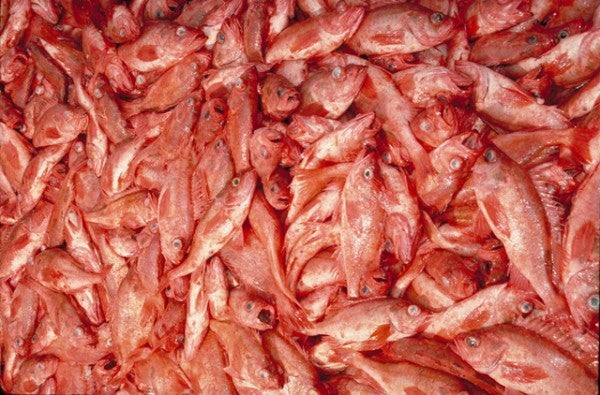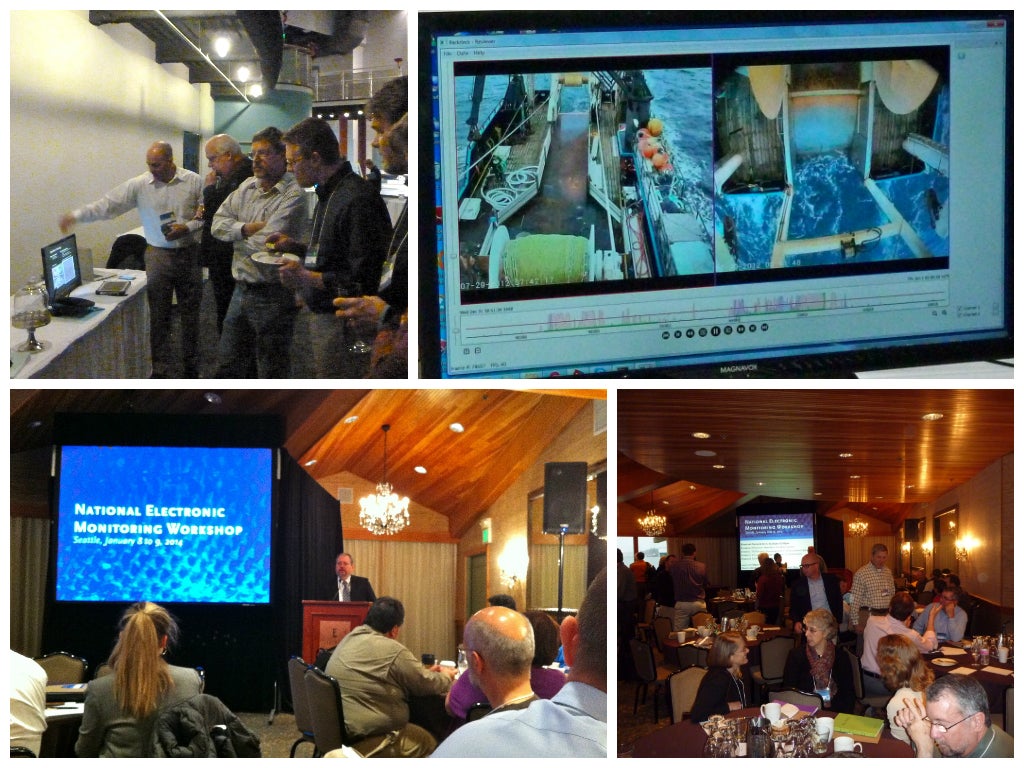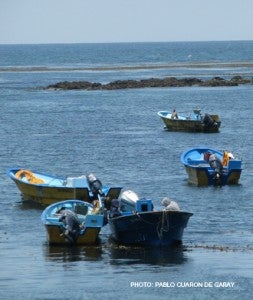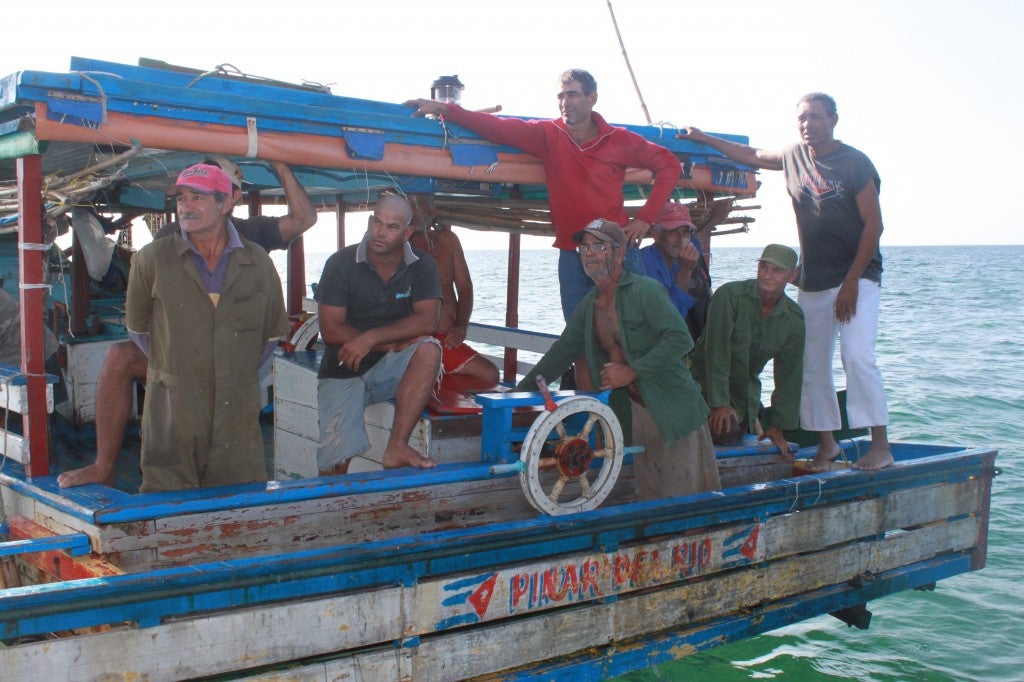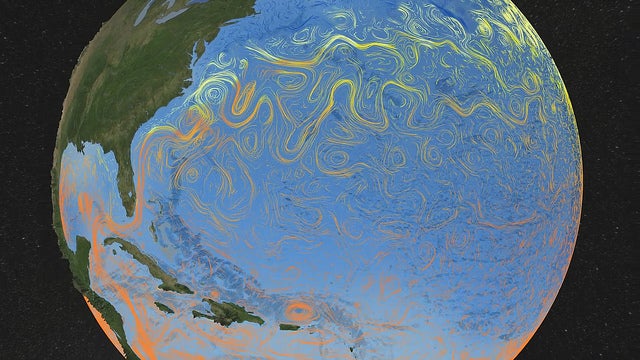[Re-posted with permission from National Geographic]
Last year I had the privilege of sharing some good news from the sustainable seafood world, that the Gulf of Mexico red snapper fishery had finally shed its perpetual red list status. Today I get to do something similar, by applauding the U.S. West Coast Groundfish IFQ Trawl Fishery for its landmark turnaround and the announcement by the Marine Stewardship Council (MSC) that they have certified 13 species to their standards for sustainable fishing.
In their announcement, MSC noted that the West Coast Groundfish IFQ Trawl Fishery is “the most diverse, complex fishery ever to enter assessment against the MSC standard anywhere in the world.” The fishery includes west coast favorites like sablefish and petrale sole, along with first-of-their-kind species in the MSC program like lingcod, thornyheads, and several varieties of Pacific rockfish.
The MSC’s 400-page Final Report highlights several strengths of the West Coast Groundfish Trawl Fishery, which include:
- The strong link between [stock] assessments and management actions
- The management plan establishes individual accountability on the part of fishermen and delivers more complete data for fishery managers
- Sensitive habitats are protected in areas of “essential fish habitat,” and additional areas deemed off-limits to bottom trawls
- The management system is transparent and open to the public
- The catch share program provides incentives for sustainable fishing Read More










